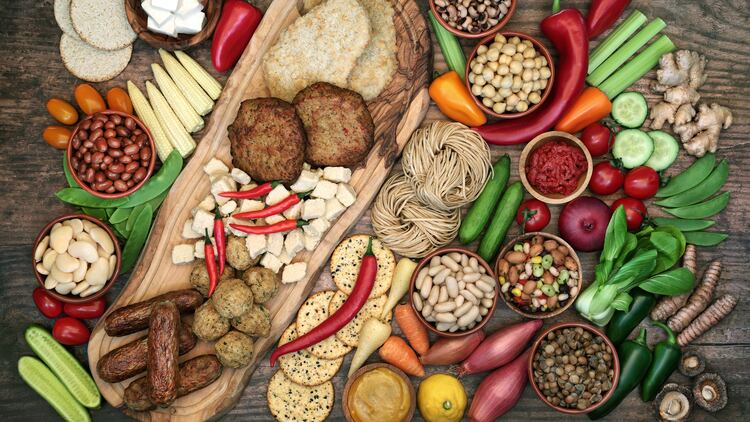This was according to Indonesian Food and Beverages Industry Association (GAPMMI) Chairman Adhi Lukman, who urged local food and beverage firms to better understand the consumer they are catering to today and evolve accordingly.
“Data from the Indonesia Bureau of Statistics has shown that Indonesia now comprises primarily Gen Z and millennial consumers, which together make up over 53% of the population,” he told the floor while speaking at a presentation for the recent Fi Asia event.
“We already know that consumers in this generation are much more dynamic than those in the Gen X or baby boomer categories, with less brand loyalty and more interest in searching for new experiences, including when it comes to their food preferences.
“So when dealing with these characteristics, brands should know that it is necessary to create more new products and new innovations whether be it be in terms of product flavours, ingredients or formats in order to attract and retain these consumers.”
He highlighted that this was especially important in the processed food and beverage category as data has also shown that about 49% of food expenditure by consumers locally goes to this category, representing a major opportunity if properly utilised.
“The other area where companies need to evolve and catch up is in terms of digital evolution – the use of e-commerce to make purchases has significantly increased in the past few years, likely accelerated by the COVID-19 pandemic, and brands that do not keep up are likely to be left behind,” said Adhi.
“A PriceWaterhouseCooper (PWC) survey conducted here has also reported that Indonesian consumers are changing across many dimensions, and within this they are becoming a lot more digitally-oriented than they were previously, making digital consumption a very important trend to take into account.
“[From an industry point of view], Indonesia as a whole is also looking to transform by implementing Industry 4.0 technology across the whole food sector, in order to make the entire industry more efficient and increase output to fulfil consumer demand, [and] this digital upgrade is crucial to ensure businesses don’t go obsolete.”
Crises amid existing challenges
Unfortunately the path ahead to growth and full recovery for the Indonesian food and beverage does not appear to be as clear-cut as hoped, particularly with multiple crises popping up one after the other after COVID-19.
“First of course was the health crisis in the COVID-19 pandemic, and this was experienced all over the world, and then Indonesia also faced several follow-up crises including an economic crisis, a logistics crisis, a commodity crisis, and an energy crisis,” said Adhi.
“The commodity and energy crises especially have been due to high commodity prices as well as lockdowns and policies from various countries, resulting in a supply and demand imbalance which increased our production costs.
“So despite increased food product sales seen, the high costs meant that our profits decreased significantly.”
He also stressed that ongoing global geopolitical issues mean there is a ways to go before Indonesia can hope to see normalcy return to the food and beverage market, especially with more inflation expected to hit soon.
“Many firms turned to innovating to reduce costs but this also required substitute ingredients and in the midst of this various other events such as the Ukraine-Russia war and the China-Taiwan tensions came to the fore and all commodity, energy and logistics prices went up again,” he said.
“To top it all off, there remain export restrictions for key commodities in several core producer countries, such as wheat from Russia and India, sugar from India and Pakistan and beef from Turkey.
“As such I do predict that some countries including Indonesia are set to see even higher inflation coming up, so everything remains very dynamic and this adds even more to the challenge for the industry.”





